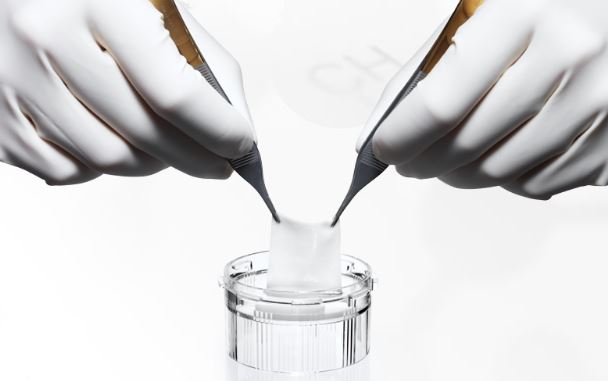Vericel hopes for US hit with Maci knee treatment

The first ever cellular scaffold to use a patient's own cells to rebuild damaged knees has been approved by the FDA.
Vericel's Maci uses tissue engineering to grow cells on scaffolds using healthy cartilage tissue from the patient’s own knee.
The company will be hoping for more success than in Europe, however, as the product was a commercial failure when it was launched there.
Maci uses autologous cultured chondrocytes on a porcine collagen membrane – the treatment is for repair of symptomatic, full-thickness cartilage defects of the knee in adult patients.
Maci has already been approved in Europe as an advanced therapy, but Vericel, under its previous guise of Aastrom Biosciences, decided to halt manufacturing in 2014 because of poor sales.
The product proved too expensive for Europe’s cash-strapped health systems, and faced with sales of just $1.6 million in 2013, Aastrom opted to pursue a US licence instead.
Aastrom, which acquired Maci after buying Genzyme’s cell therapy and regenerative medicines business in 2014, closed the product’s loss-making European manufacturing site and the European Medicines Agency then suspended its licence.
Sanofi had deemed the cell therapy business surplus to requirements after buying Genzyme in 2011.
Repairing knee cartilage
With Maci, a specially trained surgeon uses a technique where patient’s own cells are expanded and placed onto a porcine-derived collagen membrane, which can be broken down by the body over time.
The membrane is implanted over the area where the defective or damaged tissue was removed.
Each Maci implant consists of a small cellular sheet containing 500,000 to 1,000,000 cells per square centimetre.
The amount of Maci administered depends on the size of the cartilage defect, and is trimmed to ensure that the damaged area is completely covered. Multiple implants may be used if there is more than one defect.
Safety and efficacy were shown in a two-year clinical trial designed demonstrate reduced pain and improved function compared to the alternative surgical procedure, microfracture.
In the US, Vericel already has Carticel (autologous cultured chondrocytes) approved to repair knee cartilage damage, and Epicel (cultured epidermal autograft) approved for severe burns derived from patients’ own skin cells.
Photo: Vericel











